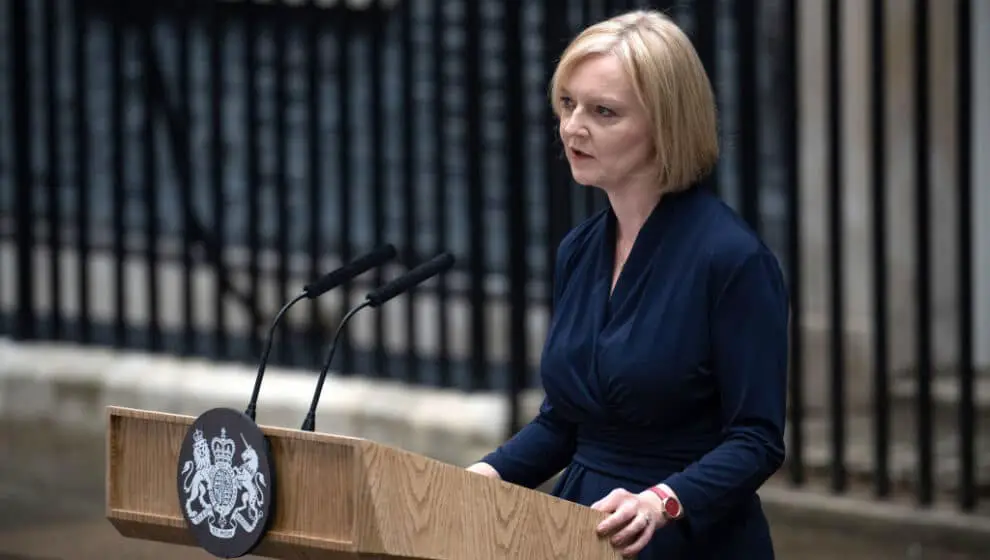In an effort to relieve high energy costs for households in the U.K., the British government is capping household energy prices for the next two years.
Key details
The relief package is newly minted Prime Minister Liz Truss’s first major act in office. One of the largest peacetime bailouts in U.K. history, the bill is likely worth over $120 billion.
The bailout will go into effect in October when the government will cap household energy prices. Utilities companies will still get their payments as the government pays the difference between what households pay and what the companies charge.
With the new plan, household energy prices will be capped at just under $3,000, a rate that matches the average annual household energy expenses. The current cap is just under $2,000. Households will also be given a government stipend valued at a little over $400.
Businesses will have their energy prices capped for six months.
Why it’s news
The plan is an effort to reduce inflation as the U.K. continues to suffer under 10.1% inflation, the highest inflation of the Western countries. The Bank of England has a bleak outlook on continuing inflation, anticipating that it will reach 13% by the end of the year, The Wall Street Journal reports.
Caps on energy prices are nothing new in Britain, but with energy bills predicted to increase by 80%, many residents are begging for government relief.
In addition to sky-high inflation, the U.K. has been facing the possibility of an energy crisis, partly due to Russian restriction of oil.
Though Britain only imports about 4% of its oil from Russia, the country still relies heavily on imports from other countries. Around 40% of the U.K.’s energy comes from natural gas, according to The Wall Street Journal.
U.K. citizens are struggling under the pressure of increased energy prices, but the new package will pile on to the government’s current debt. The British government’s debts amounted to an equivalent of 95.5% of the country’s economic output, as of July.
In an effort to alleviate the energy strain, the U.K. government is now allowing fracking in the North Sea, a practice previously banned. Ideally, allowing fracking will bring down inflation by as much as five percentage points, according to The Wall Street Journal.
What’s not being said
The bailout is a massive undertaking, and not every British official is excited about it. During the announcement, Prime Minister Liz Truss did not provide as many details as some would have hoped, including the total cost of the bill.
Institute for Fiscal Studies director Paul Johnson says, “Given the scale of the package, the failure to provide any official sense of a costing was extraordinary, and deeply disappointing.”
Berenberg economist Salomon Fiedler says, “The measures may be politically astute for a new prime minister, but in economic terms, the government could have used less money more wisely.”
